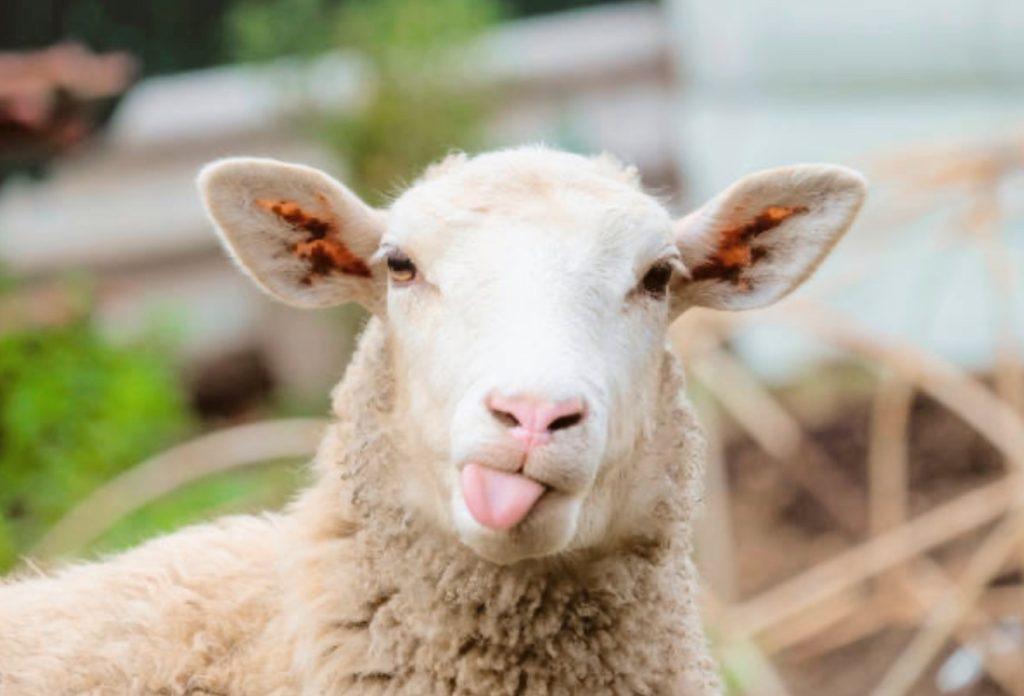Knitted sweaters, socks, mittens, scarves, blankets: they keep you nice and warm and give a nice natural feel. I understand why woolen products have been an integral part of our fashion image for years. But anyone who thinks that wool is also a sustainable choice is mistaken. Wool is not sustainable at all, let alone animal-friendly.
I have taken care of a lot of animals in my life: dogs, cats, chickens, rabbits, horses. I can say that I love animals. But to be honest: I don’t necessarily have a thing for sheep. On the land where my shetland pony Tooske grazes, five live: they always stink a bit and are quite intrusive. When they see me coming, they snort at me. Usually I can’t avoid handing over the old bread I brought for Tooske to her bleating neighbors.
Shaved to the point of bleeding
Not really a sheep friend. And yet I don’t understand at all that many people seem to be fine with exploiting sheep for warm clothes and cozy blankets. When I was just vegan, I often watched images from factory farming. I stopped doing that pretty quickly, because of course I didn’t get anywhere with it and it didn’t exactly do my mood any good. But the images of sheep tied up, fisted against the ground or shaved to the point of bleeding are burned into my mind.
Animal-friendly and profitable do not go together
Although you will hear people argue that wool is not animal-unfriendly because sheep are not killed, the life of a wool sheep is absolutely no fun. And if you think about it for a moment, that is not surprising at all: animal-friendly and profitable never go together, there is really no exception to that rule. Behind an affordable woolen garment, lies a cheap production process. And a cheap production process means animal suffering all the time.
Sustainable wool does not exist
As a vegan, I sometimes feel powerless when I see that even people who have the best and most sustainable intentions still buy woolen products to stay warm or to look beautiful. Wool seems to have a lasting reputation. But if you put sustainability first, it is better to avoid wool. This also applies if you do not consider the suffering of sheep important: the production of wool also leaves a considerable mark on the environment.
Emissions and large patches of land
Wool simply does not grow on a plant and you have to put a lot of sheep together to run a profitable wool business. This involves the same environmental problems as any other form of livestock farming. Sheep have to graze, which means they need a good chunk of land. And also to grow the feed that sheep eat, agricultural land is needed. In addition, sheep – like cows – emit methane gas. Not exactly a party for the environment.
Choose sustainable alternatives
Anyone who wants to give animals a pleasant life and want to have a positive impact on the environment does not choose wool. Of course, it is best to buy as few new clothes as possible. Do you need something new? Then go for animal-friendly, sustainable materials that do not damage the environment and that also last a long time. The garments that are in the store at GLOW all meet these requirements. Because with every purchase, you actually cast a vote: how do you think we should produce and consume? Make your voice heard: every purchase counts.
